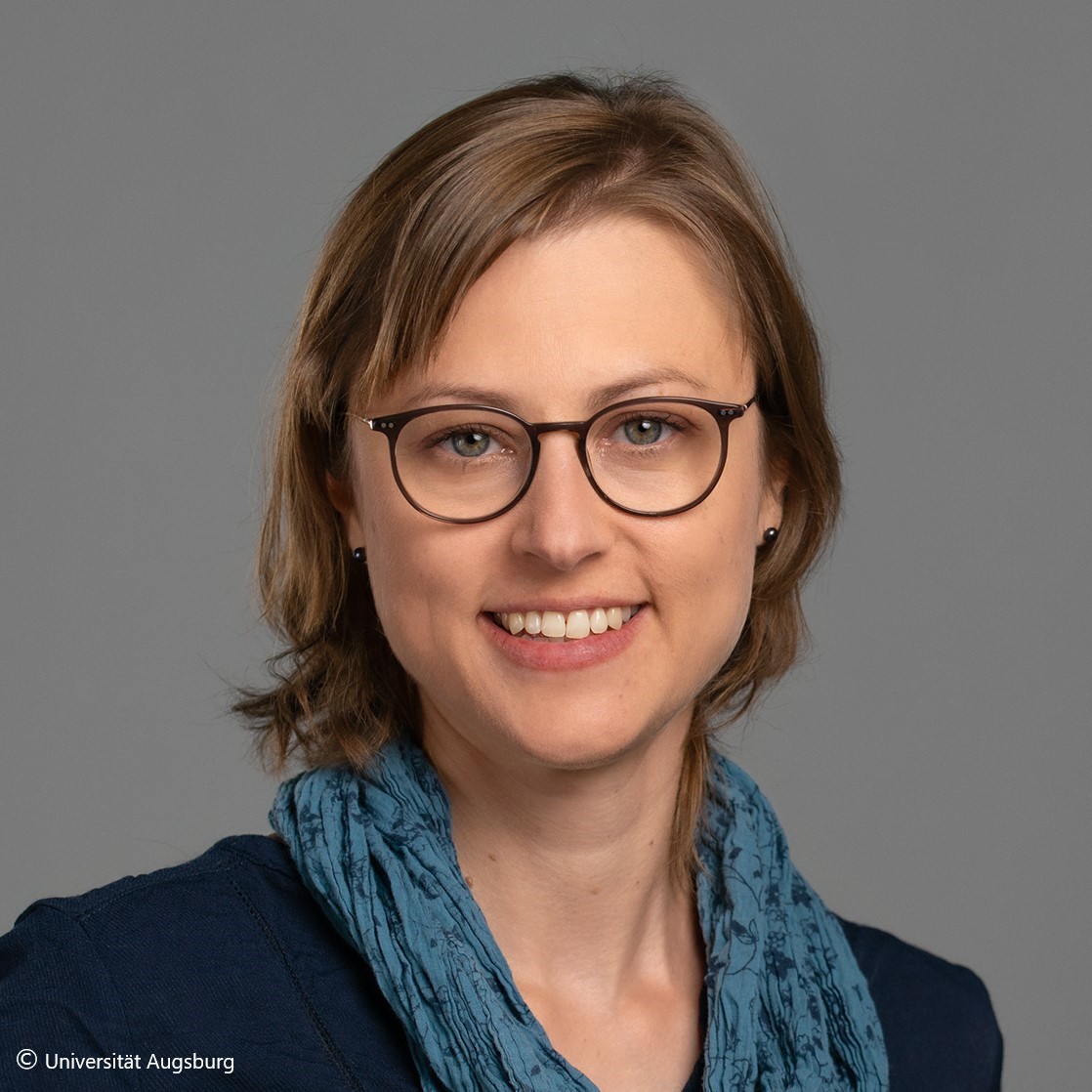Bachelor/Master Thesis Opportunity: Detecting Reported Speech with Large Language Models
Published:
Position filled!
Are you fascinated by the crossroads of machine learning and human culture? Work with us on a Bachelor/Master Thesis that delves into finding out who said what to whom!
The Challenge
You will develop an algorithm based on state-of-the-art deep learning technology and make use of large language models that detect parts of texts that report something originally said by someone. Ideally, your solution will also attribute the said information to its speaker. The special challenge is to make your solution not only work for English, but also for German text (training and evaluation data is available).
Interdisciplinary Collaboration
Bridge the gap between computer science and humanities by creating models that resonate with domain experts, fostering collaborative research. One use case addressed in this thesis will be addressed together with the Chair of German Linguistics (Prof. Dr. Sonja Zeman) at the Department of Philology and History.
Why Choose This Thesis?
Innovation: Apply cutting-edge machine learning to real-world challenges in Digital Humanities. You will get practical experience with pre-trained large language models / foundation models and deep learning frameworks such as HuggingFace/PyTorch.
Impact: Contribute to the advancement of knowledge preservation, cultural analysis, and interdisciplinary collaboration.
Guidance: During your thesis, we are committed to providing excellent and regular advice on experimental design, implementation, and scientific writing. Work with and get mentorship from experts in natural language processing and linguistics.
Prerequisites
Open to passionate Bachelor’s/Master’s students with an interest in natural language processing, machine learning, strong Python skills, and a drive to make a meaningful impact.
Contact
Prof. Dr. Annemarie Friedrich / Dr. Jakob Prange
https://www.uni-augsburg.de/de/fakultaet/fai/informatik/prof/coling/
